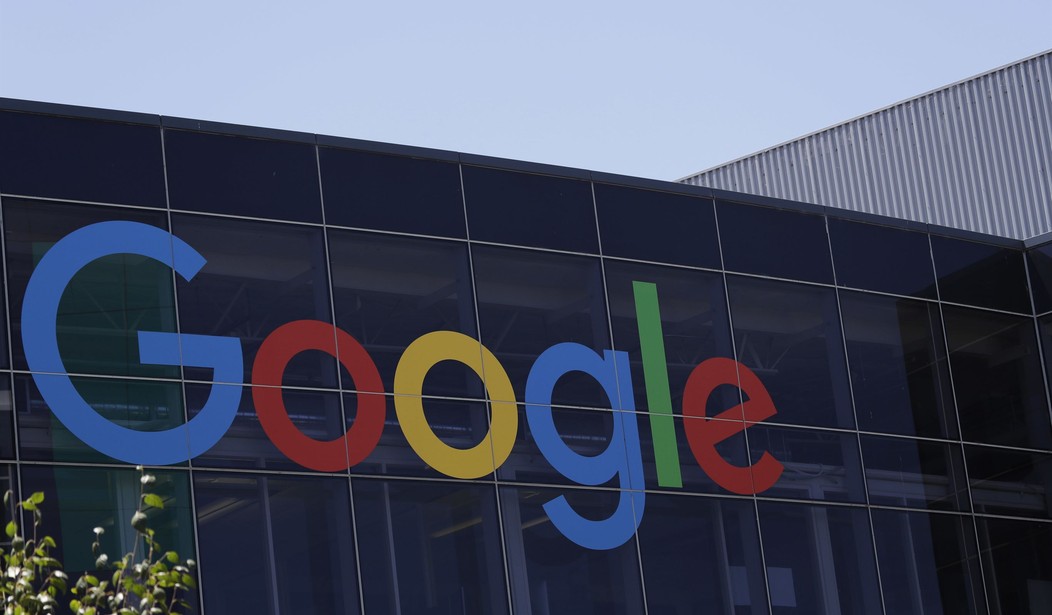The past 6-plus months of the Biden administration has seen America endure repeated cyberattacks against every segment of the US economy and critical infrastructure. With the perception of American vulnerability that exists under our failing new leadership, the flurry of cyberattacks we are seeing is a major problem that is showing no signs of slowing down.
Just in the past few months, attacks against Colonial Pipeline and beef supplier JBS have threatened the way we transport ourselves and the important day to day goods we need to survive, as well as affecting what and how much we can eat. This has all occurred as thousands of organizations in both the public and private sector are still calculating their exposure as a result of the far reaching SolarWinds attack.
As a result of this increased activity, America’s national security apparatus is continually rolling out new initiatives in an attempt to protect the country from the threat of future attacks. Among these new initiatives announced by the Department of Homeland Security (DHS) is the “Reduce the Risk of Ransomware Campaign,” as well as an increase in spending for Federal Emergency Management Agency (FEMA) grants. The FEMA grant plan released in the early stages of the administration allows state and local government organizations to receive grant money when spending a minimum of at least 7.5 percent of the award towards improving cybersecurity in the recipient’s jurisdiction.
This kind of grant spending is only beginning however, as the recent Senate approved $1.2 trillion infrastructure bill calls for an additional $200 million in new grant spending in 2022, $400 million for 2023, $300 million for 2024 and $100 million for 2025. The grant recipients will be chosen by the Cybersecurity and Infrastructure Security Agency (CISA).
Recommended
CISA itself has also established a new initiative recently, as the agency’s new director, Jen Easterly, announced the creation of a new Joint Cyber Defense Collaborative (JCDC) at the Black Hat cybersecurity conference last week. Easterly, who was finally confirmed to her post several weeks ago, described the CISA program as an effort to utilize the expertise of the public sector, namely “Big-Tech,” in the continuing effort to help America defend itself against cyber-attacks against infrastructure and other sensitive targets.
Despite the fact that these companies displayed an obvious anti-Trump sentiment and engaged in censorship efforts as a result of unhidden political bias, Amazon, Google and Microsoft, are some of the more competent entities in the cybersecurity space today.
When considering Microsoft, the company that is behind one of the most commonly used anti-virus programs in the world, Microsoft Defender Antivirus (formally Windows Defender), you have to appreciate their Microsoft Detection and Response Team (DART). DART works with outside security organizations globally to provide investigative services to both private and public entities, with an emphasis on businesses in the financial sector.
In addition, Amazon Web Services (AWS) and Google Cloud Services (GCS) are also tasked with securing the data of their millions of global customers, and are required to maintain among the more competent staff in the cybersecurity sector.
This is exactly the kind of experience that is desperately needed at CISA as they attempt to deal with emerging threats in real-time, especially as the Biden administration is far too often playing catch up in the global cat and mouse game currently taking place in the cybersphere.
With an eye on the growing risks associated with ransomware as well as the rise of international state-sponsored Advanced Persistent Threats (APTs), it seems that CISA’s latest initiative is well thought out and deserves to be applauded, even if it is happening months later than it should have.
Julio Rivera is a business and political strategist, the Editorial Director for Reactionary Times, and a political commentator and columnist. His writing, which is focused on cybersecurity and politics, has been published by websites including Newsmax, Townhall, American Thinker and BizPacReview.

























Join the conversation as a VIP Member